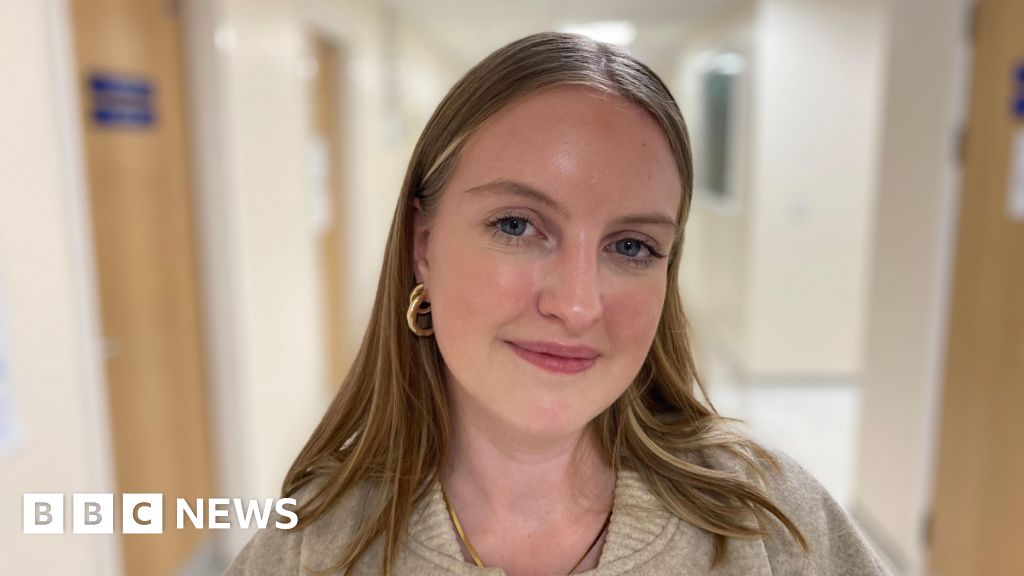
As part of the trial, the team will carry out a series of tests on volunteers who have had their period for one year, three years or five years to see when changes in the brain are most likely to occur.
The participants will be tested during their period and 10 to 14 days after their period has finished.
Post-doctoral researcher Dr Lydia Coxon said: “It’s understanding the biology, understanding the neuroscience behind the pain.
“I also think it’s really important if we can unpick the time in which these changes occur because that might be really important when we think about clinical intervention in treating period pain, when we need to target that treatment to make it especially effective.”
Dr Coxon said she felt it was time to change the narrative that all period pain is normal.
“Some people do experience period pain that is having a severe impact on their life and us telling them just to get on with it is never going to be helpful,” she said.
“And if we keep that narrative going it’s just going to be harmful and lead to much more distrust in the system.”